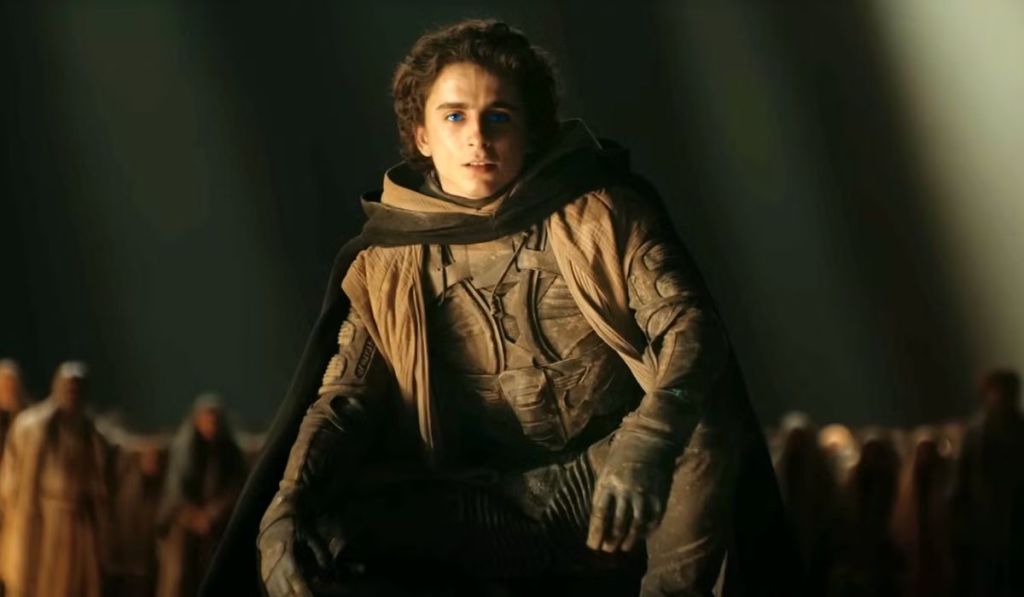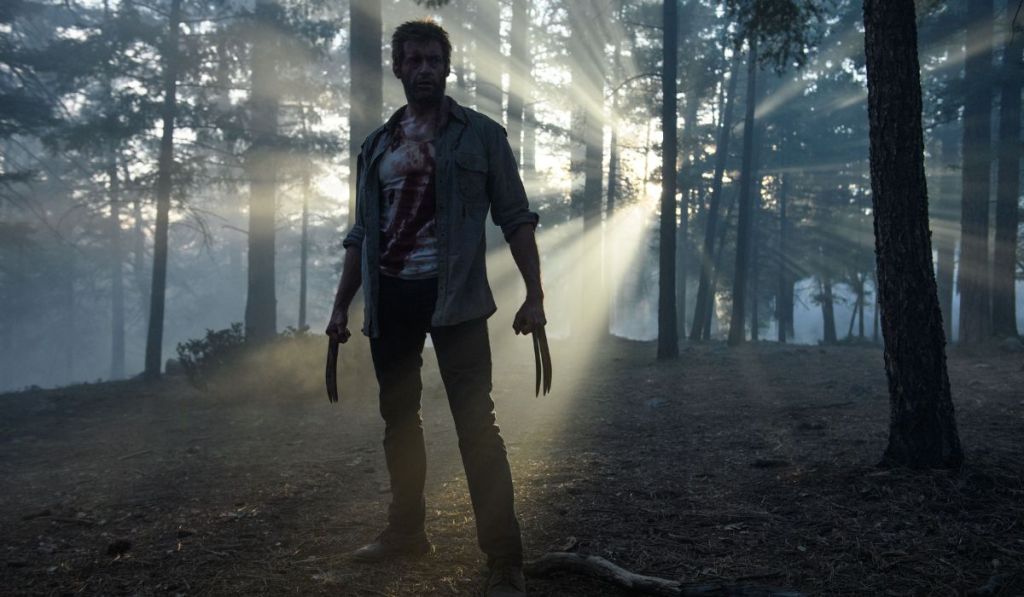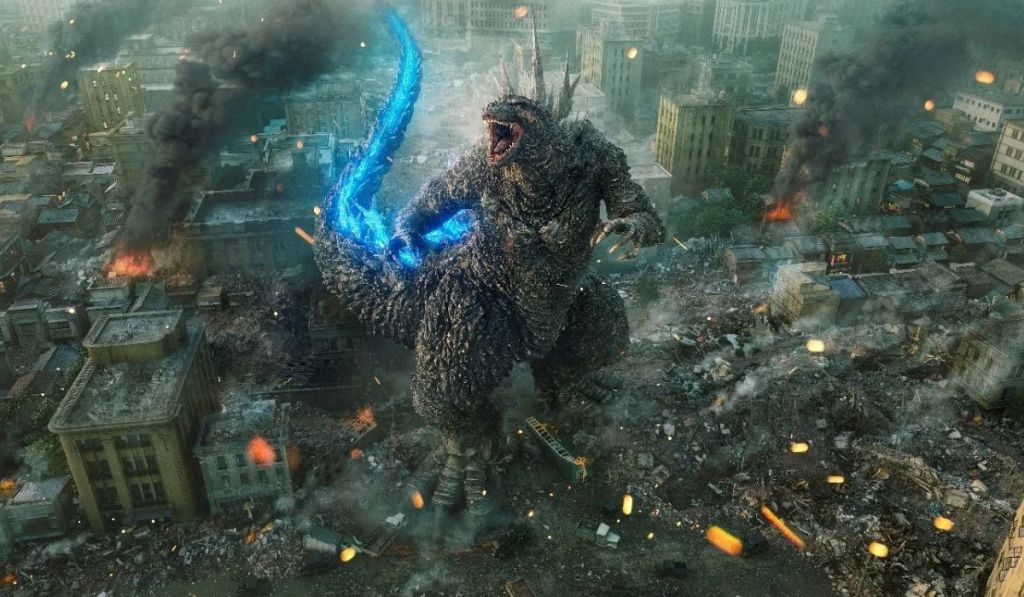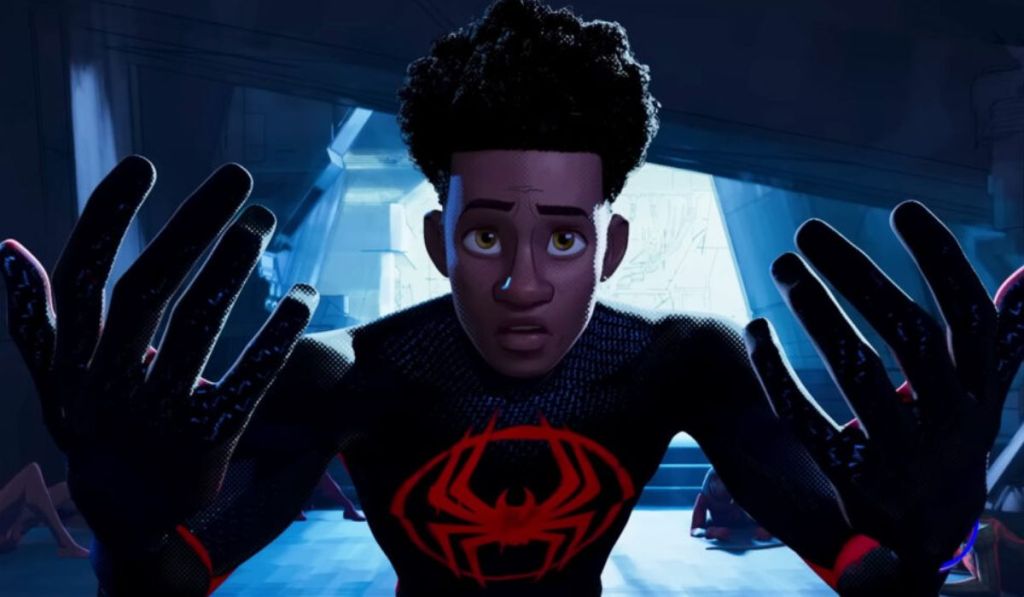In the world of sci-fi films, some sequels do a lot more than just pick up where the story left off – they take the entire genre to another level. Whether it’s by pushing the boundaries of the plot, diving into deep societal themes, or expanding a universe in completely unexpected ways, these films manage to do what most sequels struggle with: they stand on their own. It’s about taking what worked in the original and turning it into something bigger, bolder, and often more thought-provoking. Because of that, many have earned their place not just through box office success, but through critical acclaim and a lasting impact on audiences. The question is: which ones actually managed to do it?
Videos by ComicBook.com
Here are seven sci-fi movie sequels that raised the bar, according to Rotten Tomatoes – and they just might win you over the second you hit play.
Dune: Part Two

Dune is the kind of sci-fi franchise that no fan can ever miss. While the first film was well received, it was Dune: Part Two that truly made history, breaking audience records and becoming one of the most important films for the genre. Directed by Denis Villeneuve, the story follows Paul Atreides (Timothée Chalamet) as he joins the Fremen on their journey to avenge his family and prevent a catastrophic future he sees coming. Struggling with some major dilemmas, Paul soon finds himself becoming the legendary Muad’Dib, ready to lead a revolution against the oppressors of Arrakis.
With a 92% score on Rotten Tomatoes, the film was widely praised by both critics and audiences, with approval ratings so high that negative feedback was nearly nonexistent. With a global box office grossing over $710 million, Dune: Part Two became one of the highest-grossing films of the previous year. The plot stands out for its breathtaking visuals, captivating soundtrack, and standout performances from the cast, firmly establishing it as one of the best sci-fi films lately.
Logan

[RELATED: These Are the 10 Best Sci-Fi TV Shows of All Time According to Rotten Tomatoes]
One of the X-Men‘s favorite heroes is Wolverine, so why not make another movie about him and add a sci-fi touch? Logan, directed by James Mangold, is one of those rare cases where a sequel actually manages to elevate the whole legacy of a franchise. Set in a dystopian future, the plot follows an aging and frail Wolverine (Hugh Jackman). Alongside Professor Xavier (Patrick Stewart), he’s living in isolation until Laura (Dafne Keen) shows up – a young mutant with powers similar to his, whom he now has to protect from everyone after her.
With a 93% approval rating on Rotten Tomatoes, the movie won over critics and audiences alike – and for good reason. Logan breaks away from the usual superhero genre formula and goes for a much more mature, dark, and intimate tone. The violence is raw and realistic, and the script was so well received that it earned the film an Oscar nomination for Best Adapted Screenplay – a first for a live-action superhero movie at the time. The performances were another major highlight, and overall, it ended up being one of the most memorable sequels in modern cinema.
Star Wars: The Empire Strikes Back

You can’t talk about sci-fi without mentioning Star Wars. Having made history, influenced countless later productions, and opened doors across the industry, one of the fan favorites is easily Star Wars: The Empire Strikes Back, directed by Irvin Kershner. Widely considered the best sequel in the saga, the plot digs deeper into Luke Skywalker’s (Mark Hamill) journey as he begins Jedi training with Master Yoda while the Empire – led by Darth Vader – relentlessly chases the rebels. It’s in this film that the villain’s iconic reveal to the protagonist happens, which is still seen as one of the greatest plot twists in movie history.
With a 95% approval rating on Rotten Tomatoes, The Empire Strikes Back is the highest-rated entry in the entire franchise, even topping the original. The movie didn’t get such a glorious reception right off the bat, but that perception shifted over time – especially since it tells such a key part of the story and helped expand the universe in major ways. Redefining the genre, it went on to gross $550 million worldwide and became the highest-grossing film of its release year.
Mad Max: Fury Road

There are some films that stand out for their aesthetics, and Mad Max is definitely one of them. Another great work of sci-fi, the franchise got a sequel with Mad Max: Fury Road. Directed by George Miller, the plot takes place in the post-apocalyptic desert where Max Rockatansky (Tom Hardy) is captured by followers of the tyrant Immortan Joe (Hugh Keays-Byrne). The story only gains momentum when Furiosa (Charlize Theron) betrays Joe and flees with a group of women in search of freedom, setting off a chase that takes up almost the entire narrative.
Even with few lines of dialogue, the film is a true visual opera, with intense action and chase scenes precisely choreographed. Its Rotten Tomatoes score is 97%, making it the highest-rated installment of the entire franchise – and even though it was a late sequel, it redefined everything. Even so, although it wasn’t a resounding box office success, its critical reception was exceptional. Mad Max: Fury Road received 10 Oscar nominations and won in six categories, making it the most awarded movie of the 2016 ceremony.
Godzilla Minus One

Godzilla is already a landmark in the history of cinema, but what about a film that revitalizes the classic production and the entire franchise? Godzilla Minus One, directed by Takashi Yamazaki, brings more emotional depth and even social criticism. Set in a devastated Japan after the war, Kōichi Shikishima (Ryuunosuke Kamiki), a former kamikaze pilot, struggles with guilt and trauma. In the same period, a new threat emerges: a colossal creature that embodies the horrors of war and nuclear destruction.
Godzilla Minus One had a modest budget of $12 million but surprisingly grossed around $115 million worldwide, especially in a more recent era. The film received widespread acclaim, earning an impressive 99% score on Rotten Tomatoes, and quickly being recognized as an essential addition to the franchise canon. With impressive special effects and a story that delves deeper into themes of drama, survival, and the devastating impact of weapons, it’s impossible for anyone not to have heard of this story nowadays. For sci-fi fans looking for a fresh, modern take on the classic tale, it’s a must-watch.
The Hunger Games: Catching Fire

One of today’s most famous sagas is The Hunger Games, and although it’s often referred to more as a dystopian film than sci-fi, the plot has several elements that firmly place it within the genre. The second film, The Hunger Games: Catching Fire, directed by Francis Lawrence, picks up the story of Katniss Everdeen (Jennifer Lawrence) and Peeta Mellark (Josh Hutcherson) after their victory in the 74th Hunger Games. As signs of a growing rebellion begin to emerge among the districts, President Snow (Donald Sutherland) becomes concerned. In an effort to suppress the uprising, he announces a special edition of the Games, forcing the previous victors back into the arena.
The film was a critical and audience success, grossing around $865 million worldwide, making it the highest-grossing film in the US in its year of release. The Hunger Games: Catching Fire is considered the high point of the franchise, not just for further developing the narrative, but also for intensifying the social criticism that underpinned the series. The movie holds a 90% score on Rotten Tomatoes. Besides, Jennifer Lawrence’s performance as the protagonist solidified her status as one of the leading actresses of her generation.
Spider-Man: Across the Spider-Verse

Spider-Man: Across the Spider-Verse, the long-awaited sequel to the Oscar-winning animation Spider-Man: Into the Spider-Verse, is considered one of the best sci-fi films of the decade. Directed by Joaquim Dos Santos, Kemp Powers, and Justin K. Thompson, the film follows Miles Morales as he embarks on a journey through the multiverse. Alongside Gwen Stacy and a new team of Spider-People, he faces a villain more powerful than any he has ever encountered and begins to challenge the expectations of what it means to be a real hero.
The film was a resounding critical and box office success, grossing $120.5 million in its opening weekend in the US alone, making it the biggest opening for a Sony animated movie. With a 95% score on Rotten Tomatoes, Spider-Man: Across the Spider-Verse remains a benchmark for its innovative approach to the visuals and language of the multiverse, something that continues to captivate audiences today. Without exception, the film scored very highly on various specialized critical platforms, cementing its place as a groundbreaking achievement in animation and storytelling.
What are your favorite sci-fi sequels? Let us know in the comments below!








